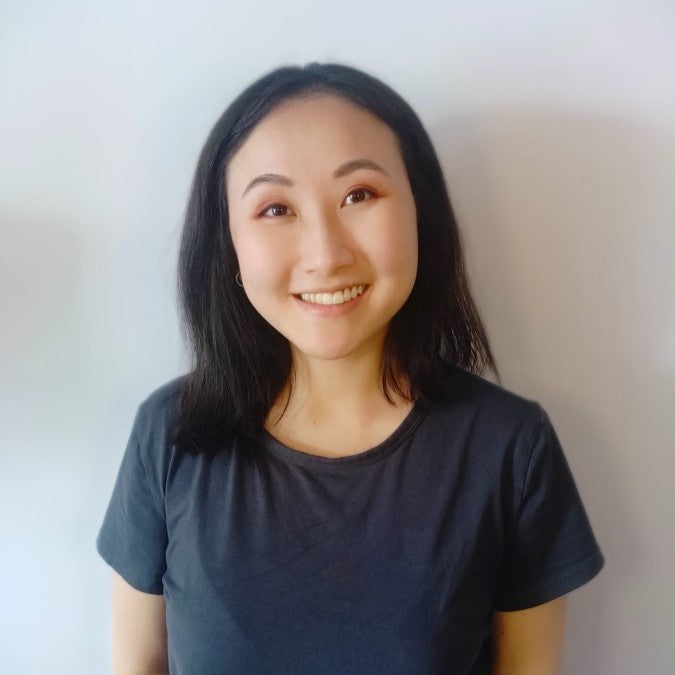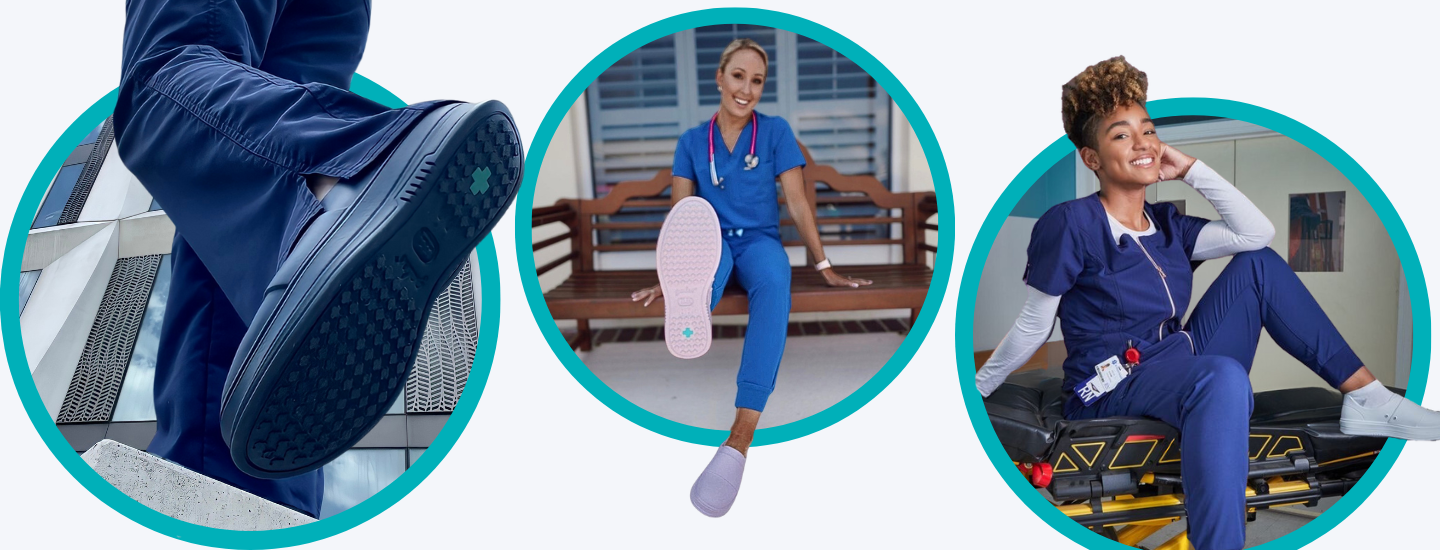
An Interview with Joey Lee, RN
JOEY IS AN RN CURRENTLY WORKING AT A HOSPITAL IN TORONTO, IN THE TRAUMA AND NEUROSURGERY INPATIENT UNITS.
How many years have you been a nurse?
Joey: About 4.
And what shift do you work?
J: As in day or night? I work both.
What made you choose to go into nursing in the first place?
J: I considered med school but I thought nursing was a better fit for my personality and just me as a person.
What is your favorite part about your job?
J: Hearing about the long-term impact that I've had on a person. Recently I had a patient get into contact with me, and when I had him in the hospital he could no longer walk, and he sent me a video of him shoveling snow. That was very rewarding.
What is your least favorite part about your job?
J: The toll it takes on your body. Flipping between days and nights can be so taxing on the body over time, so I would say that.
What items do you use on a daily basis [at work] that your workplace provides for you? And items they don’t?
J: Machines, all the medical supplies. I bring my own clipboard. I prefer that. Disposable stethoscopes and PPE during COVID, scrubs are provided by the hospital. They did give us a lanyard but I really don't like them because if you're leaning over helping a patient it falls so I had to buy my own ones that are expendable. Scrub caps, mine was donated from a colleague whose relatives made them, everybody else had to buy them.
What are your biggest safety concerns in your workplace?
J: A lot of the patients [that we see] don't have a home. A lot of them have a history of substance abuse or personality disorders, so it's taxing mentally because sometimes they lash out at you, verbally and physically. We do use a lot of restraints. Also, infection control during Covid. I worry about bringing things home to my family, so it does take longer to get home now because I have to change into my normal clothes and shoes, and then wipe everything down [before I leave work.
So you are working in an area with covid risk then?
J: On my unit we don't get a lot of patients that are there just for covid, but they might have it as a secondary condition.
And you do work around infectious fluids?
J: Yes.
How do you currently protect yourself from those infectious fluids?
J: We have gowns, the thin ones that are a little bit slicker, so wear those into anybody’s room who has any infection. Face shields. If you ever take a Covid sample you have to double bag it. No visitors unless the patient has been in the hospital for over a week. If somebody's giving birth they can have one person [in the room].
Have you ever had an incident at work that impacted your safety or exposed you to these infectious fluids to the point that you got sick?
J: I don't think I've ever gotten sick. There was one time I was emptying a catheter bag and a drop splashed on my face. I didn't get sick from that but ever since then I wear a face shield whenever I empty one.
Do you worry about infection exposure and transportation within the hospital, from patient room to room?
J: Hospital floors are not the cleanest thing. Like if a patient's gown touched it I would get them a new one, so yes now that you're getting me thinking about it more.
What about infection exposure and transportation home from the hospital?
J: Yes. That was probably one of the most stressful things at the beginning of the pandemic.
After your shift do you have any kind of routines, like taking off your scrubs, shower, etc. before you interact with other members of your household?
J: At the end of my shift I'll clean everything. All my pens, cell phone, my badge, and then I will change into my regular clothes. Put my scrubs in the scrub machine. As soon as I get home, in the doorway, I strip down and then shower.
TAGS:
SHARE:
